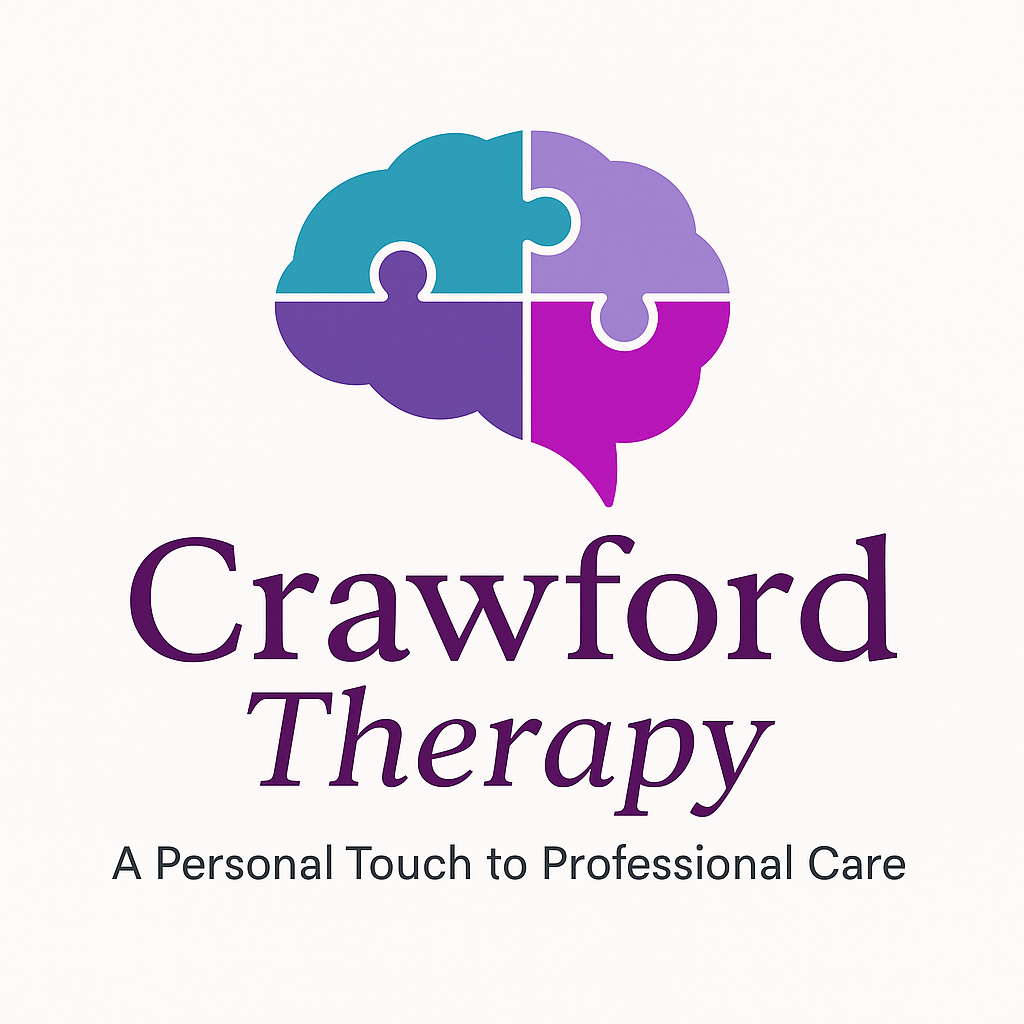What is Depression?
Depression is a common mental health disorder characterized by persistent feelings of sadness, hopelessness, and a lack of interest or pleasure in activities. It affects how a person feels, thinks, and handles daily activities.
How it Negatively Affects Your Life:
Depression can lead to severe emotional and physical problems, impacting all areas of life. It often results in difficulties at work or school, strained relationships, and a diminished ability to enjoy life. Physical symptoms such as changes in appetite, sleep disturbances, and fatigue are common. Without treatment, depression can lead to more serious consequences, including suicidal thoughts or actions.
How Treatment Helps:
Therapy for depression typically involves cognitive-behavioral therapy (CBT) to address negative thought patterns and develop healthier behaviors. Medication may be prescribed to manage symptoms. Support groups and individual counseling provide emotional support and practical strategies to cope with depression. Treatment helps individuals regain a sense of hope, improve mood, and enhance overall functioning.
